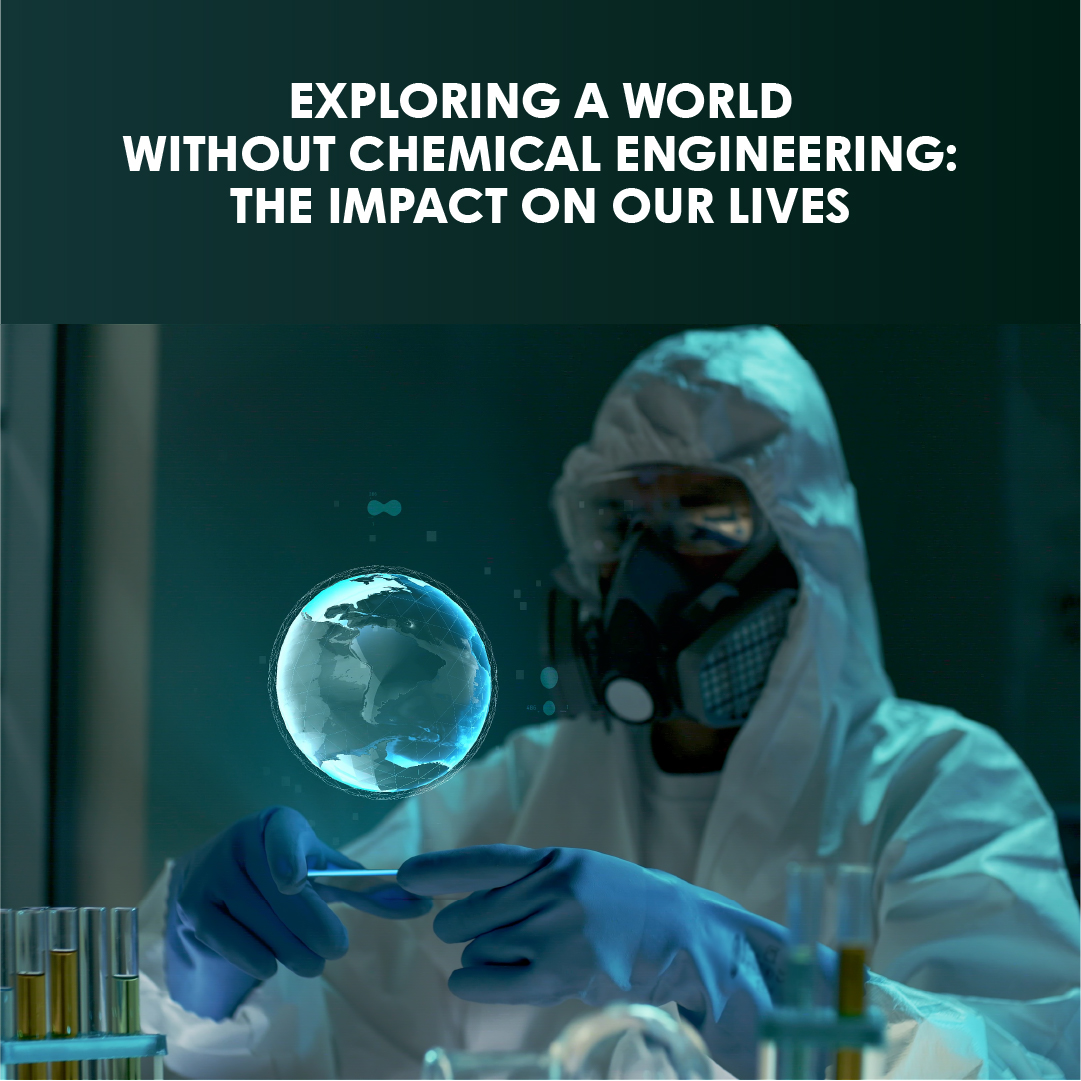Advancements in Civil Engineering: How Technology is Shaping the Industry

The field of civil engineering is experiencing a radical transition. Its roots are in the planning and building of the infrastructure that surrounds us. The future of civil engineering is being influenced by cutting-edge methods and solutions as technology develops further.
MITAOE is a trailblazer in this progressive environment, offering top-notch instruction to future civil engineers. Let's explore the fascinating area where civil engineering and technology meet to provide previously unimaginable opportunities.
1. Smart Infrastructure:
An age of smart infrastructure is being ushered in by the development of the Internet of Things (IoT). These days, real-time monitoring, data analytics, and sensors are all incorporated into projects by civil engineers. This intelligent infrastructure makes it possible to gather important data, which facilitates effective administration, upkeep, and even structural prediction analysis.
2. Building information modeling: (BMI)
In the realm of civil engineering, building information modeling, or BIM, is revolutionizing the way that things are done. BIM is emphasized in the curriculum at MITAOE, which is regarded as the top college for civil engineering. With the use of this technology, comprehensive 3D models can be created, which facilitates better decision-making, increased cooperation, and streamlined the whole building process from design to upkeep.
3. Sustainable Construction Practices:
The foundation of contemporary civil engineering is sustainability. In terms of adopting sustainable practices, civil engineers are in the vanguard, using everything from eco-friendly materials to energy-efficient designs. Students at MITAOE graduate with a strong sense of environmental responsibility and are ready to participate in initiatives that put ecological well-being first.
4. Robots and Automation:
Construction sites are undergoing a transformation thanks to the integration of robots and automation. Drones are employed for surveillance and surveying, and autonomous equipment boosts productivity and security. MITAOE-trained civil engineers are skilled at using these technologies, which helps them stay ahead of the curve in an automation-embracing business.
5. Geospatial Technology:
Using Geographic Information Systems (GIS) and other geospatial technologies improves the accuracy of civil engineering projects. It helps with infrastructure planning, mapping, and site selection. MITAOE students learn how to use geospatial technologies firsthand, enabling them to use location-based data to make well-informed decisions.
6. Advanced Materials and Nanotechnology:
Using advanced materials and nanotechnology is a key component of civil engineering's future. Innovations in steel, concrete, and other building materials improve strength and longevity. Students are certain to be exposed to the most recent developments in material science thanks to MITAOE, which is renowned for its dedication to quality.
7. Virtual reality (VR) and augmented reality (AR):
In civil engineering, these technologies are being used for virtual walkthroughs, project simulations, and design visualization. These immersive technologies facilitate more intuitive comprehension of complicated systems and improve teamwork. MITAOE gives students a competitive edge by incorporating AR and VR capabilities into its curriculum.
8. Resilient and Disaster-Resistant Designs:
Buildings that can survive natural calamities are the current focus of civil engineers. As the top university for civil engineering, MITAOE instills in its students a feeling of accountability to produce resilient designs that put safety first and lessen the effects of unanticipated catastrophes.
With the rapid evolution of technology, civil engineering is poised for unparalleled progress. As a leader in education, MITAOE equips the upcoming generation of civil engineers with the skills necessary to succeed in this ever-changing environment. MITAOE guarantees that its graduates will not only be contributors but also leaders in influencing the future of civil engineering by embracing cutting-edge technology in its curriculum and by putting a strong emphasis on innovation.
A new age in civil engineering is being ushered in by the confluence of education and technology, whereby every construction will serve as a tribute to the flawless fusion of technical innovation and engineering genius.
OUR RECENT BLOG



